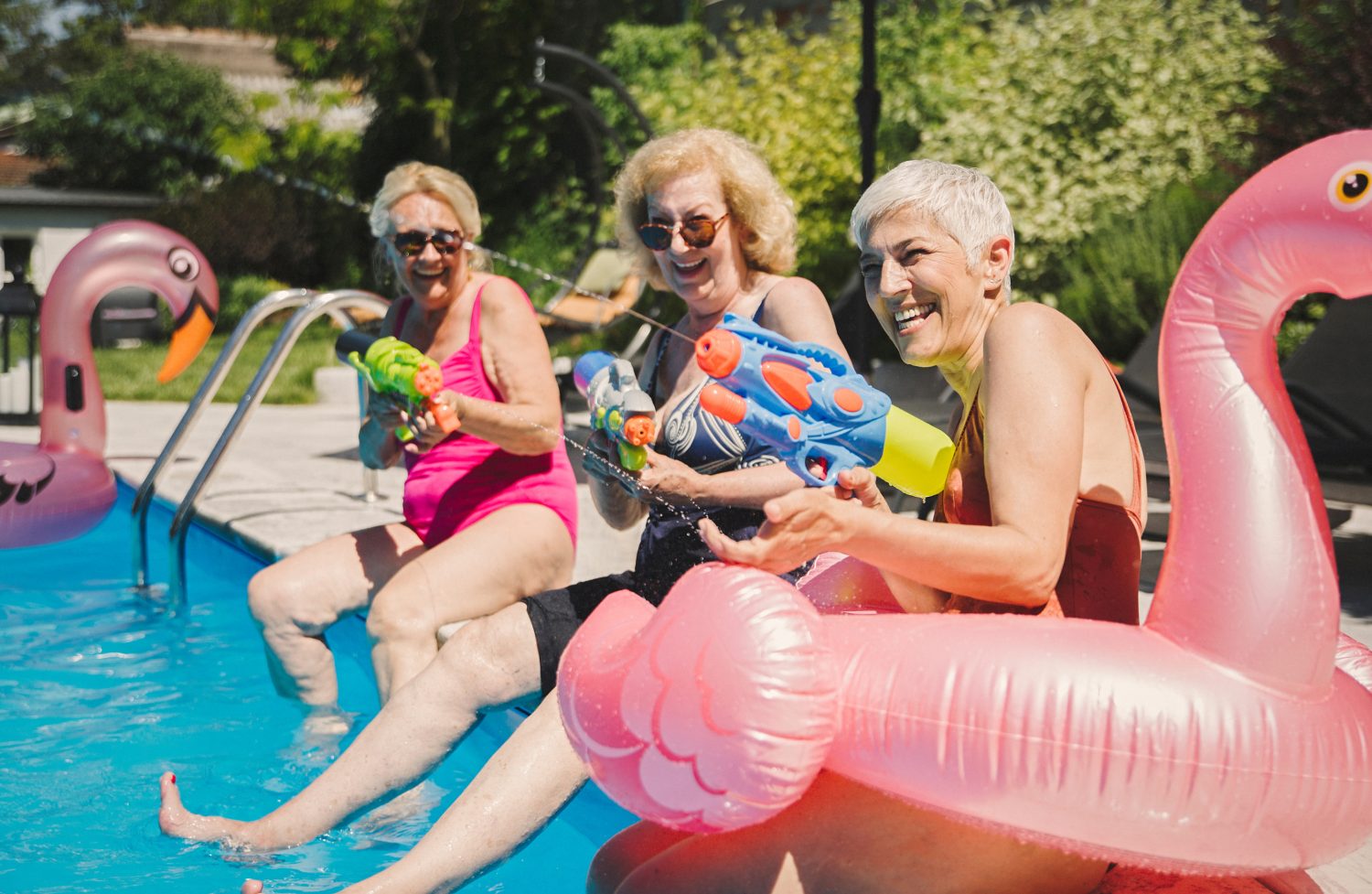Today marks the first day of what is commonly referred to as the Dog Days of Summer.
The days from July 3 through Aug. 11 are usually the hottest days of the summer season for those of us living in the northern hemisphere. The reason is that the tilt of the earth at this time of the year causes the rays of the sun to hit us at a more direct angle and for a longer period of time throughout the day. The resulting impact is longer hotter days.
The heat, especially when accompanied by high humidity, should be a concern to older adults.
Here’s Why
The U. S. Centers of Disease Control and Prevention (CDC) cites three reasons why older adults are at a much higher risk for heat-related illness or injury.
#1 Their bodies do not adjust well to sudden changes in temperature.
#2 They may have a chronic medical condition that changes their body’s response to heat.
#3 They may be taking prescription medications that impair their body’s ability to regulate its temperature or inhibit their ability to perspire.
Young children and individuals who are sick or overweight are also among those most at risk.
The National Institute on Aging advises that too much heat can cause several illness that are grouped under the name hyperthermia. The illnesses can include heat syncope, heat edema, heat exhaustion, and heat stroke. Click here for more information on these illnesses and hot weather safety for older adults.
Tips for Lowering Your Risk and Coping with the Heat
Drink plenty of liquids such as water or fruit or vegetable juice. Do not wait until you are thirsty to drink. (Be sure to check with your doctor if your doctor has limited the amount of fluid you drink or if you are taking water pills.)
Avoid heavy meals and alcohol. Limit the amount of caffeinated beverages such as tea and coffee that you drink.
Keep the sunscreen handy and use it. As you age, your skin becomes more sensitive to the sun. Choose a sunscreen that offers a sun protection factor (SPF) of 30 or higher.







